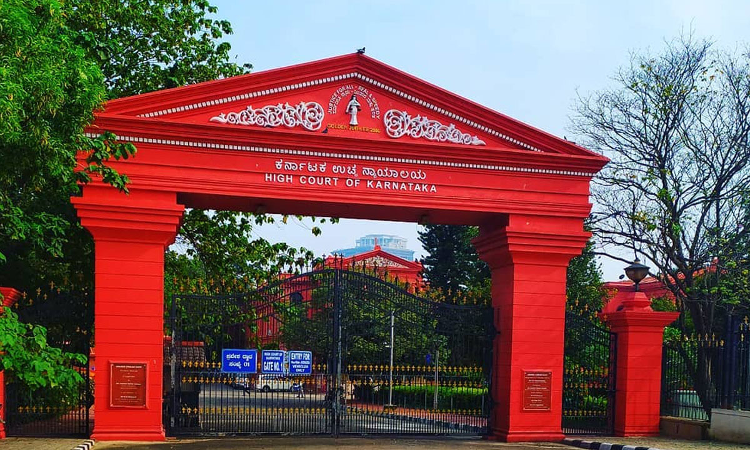Bank Can Initiate Criminal Action If Account Declared Fraud, Even After Invoking SARFAESI Act: Karnataka High Court
Mustafa Plumber
3 Oct 2022 7:00 PM IST

Next Story
3 Oct 2022 7:00 PM IST
The Karnataka High Court has said that the Central Bureau of Investigation (CBI) can investigate the complaint registered by a bank against a company and its directors, alleging offences of cheating, criminal conspiracy, even after initiation of proceedings under the SARFAESI Act and possession of the recovery certificate."This Court again in plethora of cases has clearly held that when...
